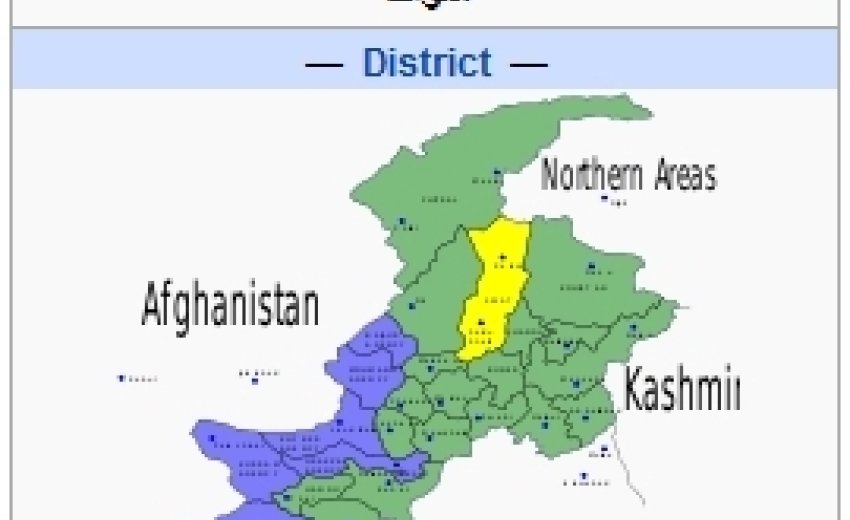 PESHAWAR, Nov 9: Siri Chund Malhotra could not control his tears of joy when he finally got the no objection certificate (NoC) to visit Swat, his birthplace.
PESHAWAR, Nov 9: Siri Chund Malhotra could not control his tears of joy when he finally got the no objection certificate (NoC) to visit Swat, his birthplace.
Taliban were calling the shots in Swat when this elderly Sikh from India visited the valley last time, three years ago. “There were so many cruelties. I had to leave quickly,” he said while talking about his previous visit.
What he saw there left a mark on his mind. Mr Malhotra, a simple cloth merchant from Mazuffar Nagar of Uttar Pradesh state in India, was even prompted to compose few Pashto couplets to express his thoughts about the valley under the reign of Taliban.
Chay mianday jarhe, stargay sray dy, zrha ye laholuhaan day Yo zoi ye fauji ao bal malgaray da Taliban day.
Yo zoi ba ye marh kegi da rata khkara kegi, kho kom ba shaheed ao kom ba murdaar balalay kegi.
Reciting his verses in Pashto with Swati accent in a soft tone, he spoke about how he saw mothers crying for their killed young sons. The mothers of all youth, whether they were soldiers or members of Taliban, were crying alike, he said.
Mr Malhotra asked in his verses that sons of the soil were dying but who would be called a martyr and who would be condemned as infidel.
“I am not a poet. These verses are a cry of my aching heart as I still remember Swat as my home,” he said.
Mr Malhotra, about 60, still remembered his birthplace Swat and the rule of Wali-i-Swat or the Prince of Swat. He said that minorities enjoyed rights and got speedy justice in those days. They did not have to wait long to get their issues resolved during the rule of Wali, he added.
He had to wait for almost a month to get security clearance from the military to visit Swat. But he did not complain and just showed gratitude when he got NoC to visit Swat where he had to go to be with the grieving family of his sister, who died recently.
He could not attend the funeral but he just wanted a short visit to be with the family and see his home.
Mr Malhotra’s family moved to India in 1981 as it found it hard to find suitable matrimonial matches for their young daughters here in a small minority community.
He said that many families, migrated to India from Swat, still spoke Pashto fluently but he feared that the young generation might not learn the language. “There are about 400 Sikh families, who have Pashto speaking background, in Mazaffar Nagar alone,” he added.
An official of the provincial government, requesting not to be named, said that the case of Siri Malhotra was a little sad as he had to wait for almost a month to get permission to go to Swat.
However, he expressed relief that Mr Malhotra finally got permission to visit his family as otherwise he would have gone with a heavy heart and perhaps hate for the country where he was born.
